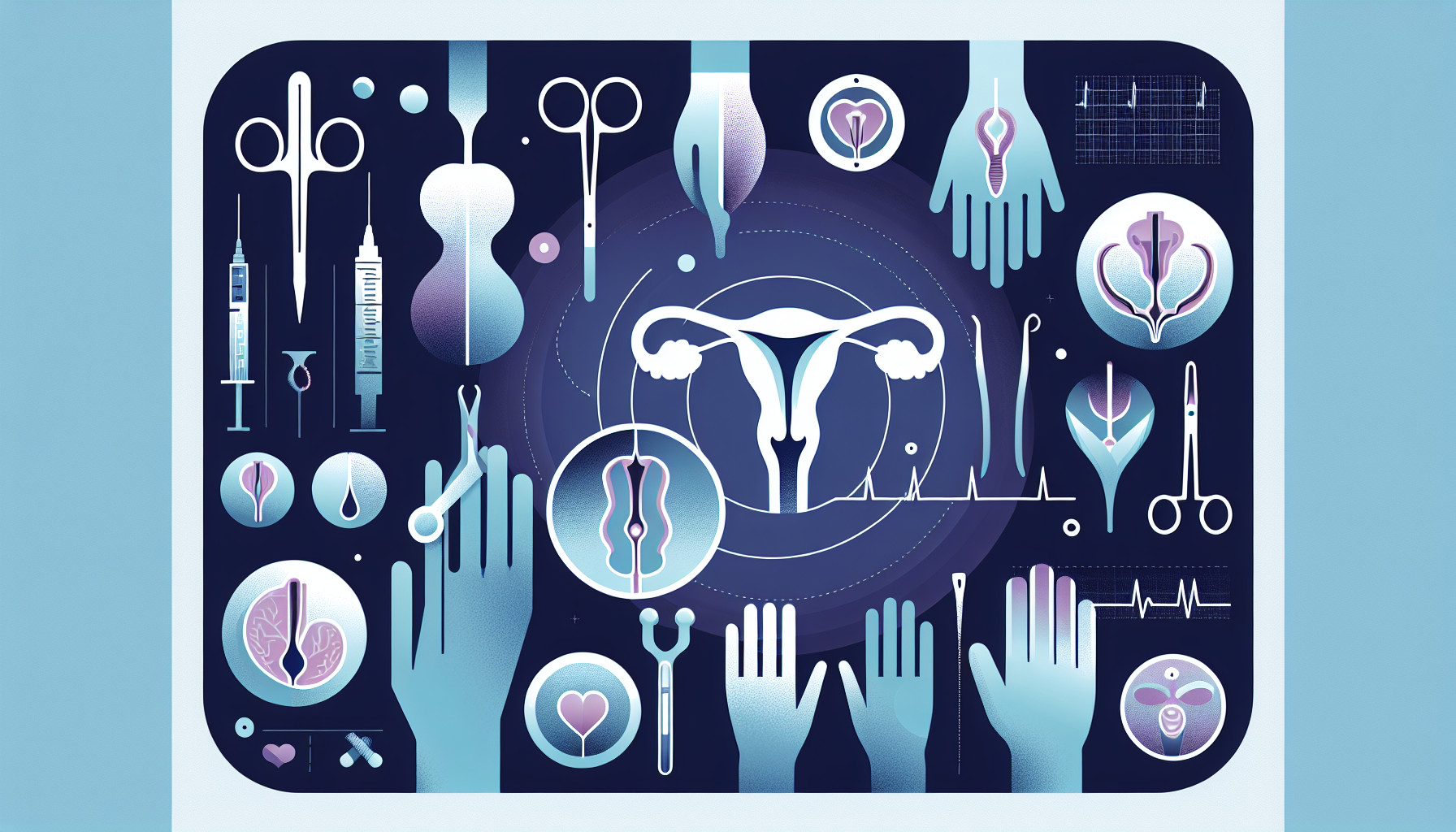Our Summary
This study looked at how a person’s weight affects the results of a type of surgery called vaginoplasty, which is often undergone by transgender women. Some surgeons don’t offer this surgery to people who are significantly overweight, thinking that it might lead to more complications. The researchers reviewed the medical records of 237 patients who had this surgery over a 3.5 year period. They found that patients who were classified as obese did have a higher chance of experiencing a complication called vaginal stenosis, which is a narrowing of the vagina that can require more surgery to fix. They also found that these patients were more likely to need some kind of revision surgery. However, certain types of vaginoplasty, using robotic assistance, were associated with a lower chance of delayed wound healing. They also found that patients who strictly followed their aftercare instructions, specifically regarding using a device to keep the new vagina open, were less likely to develop vaginal stenosis. The conclusion is that while being overweight can increase the risk of complications, these patients can still be good candidates for surgery if they are well informed and committed to their aftercare.
FAQs
- How does a person’s weight affect the results of a vaginoplasty surgery?
- What complications are overweight patients more likely to experience following vaginoplasty?
- How can the risk of complications, like vaginal stenosis, be reduced after vaginoplasty surgery?
Doctor’s Tip
A helpful tip that a doctor might give a patient about vaginoplasty is to closely follow all post-operative care instructions, including using any devices or tools recommended to prevent complications such as vaginal stenosis. Additionally, maintaining a healthy weight before and after surgery can help reduce the risk of complications and improve overall outcomes. It’s important to have open and honest communication with your surgeon about any concerns or questions you may have before and after the procedure.
Suitable For
Patients who are typically recommended for vaginoplasty include transgender women seeking gender-affirming surgery, individuals with congenital abnormalities affecting the vagina, and individuals seeking vaginal reconstruction after trauma or cancer treatment. It is important for patients to undergo a thorough evaluation by a qualified surgeon to determine if they are suitable candidates for the procedure.
Timeline
Before vaginoplasty:
- Consultation with a surgeon to discuss the procedure, risks, and expected outcomes
- Psychological evaluation to ensure readiness for surgery
- Pre-operative tests and evaluations to assess overall health and readiness for surgery
- Preparation for surgery, including stopping certain medications and following pre-operative instructions
After vaginoplasty:
- Recovery period in the hospital or surgical center
- Follow-up appointments with the surgeon to monitor healing and address any concerns
- Use of a device to keep the new vagina open and prevent vaginal stenosis
- Strict adherence to aftercare instructions, including avoiding certain activities and maintaining good hygiene
- Monitoring for any signs of complications, such as infection or delayed wound healing
- Potential need for revision surgery or additional procedures to address complications, such as vaginal stenosis
Overall, the timeline for a patient before and after vaginoplasty involves thorough preparation, careful monitoring, and diligent aftercare to ensure the best possible outcomes.
What to Ask Your Doctor
- What are the potential risks and complications associated with vaginoplasty for someone who is overweight?
- How does being overweight impact the success and outcomes of vaginoplasty surgery?
- Are there specific precautions or considerations that need to be taken for overweight individuals undergoing vaginoplasty?
- What can I do to minimize the risk of complications and ensure a successful recovery after vaginoplasty?
- Are there any alternative surgical techniques or approaches that may be more suitable for someone who is overweight?
- How important is it for me to follow the aftercare instructions, particularly in relation to preventing vaginal stenosis?
- What are the chances of needing revision surgery following vaginoplasty for someone who is overweight?
- Can you provide information on the success rates of vaginoplasty in overweight patients based on your experience and research?
- How will my weight impact the aesthetic results of vaginoplasty and the overall satisfaction with the outcome?
- Are there any additional resources or support services available for overweight individuals considering vaginoplasty?
Reference
Authors: Berger LE, Lava CX, Spoer DL, Huffman SS, Martin T, Bekeny JC, Fan KL, Lisle DM, Del Corral GA. Journal: Ann Plast Surg. 2024 Apr 1;92(4):447-456. doi: 10.1097/SAP.0000000000003808. Epub 2024 Jan 25. PMID: 38319959
